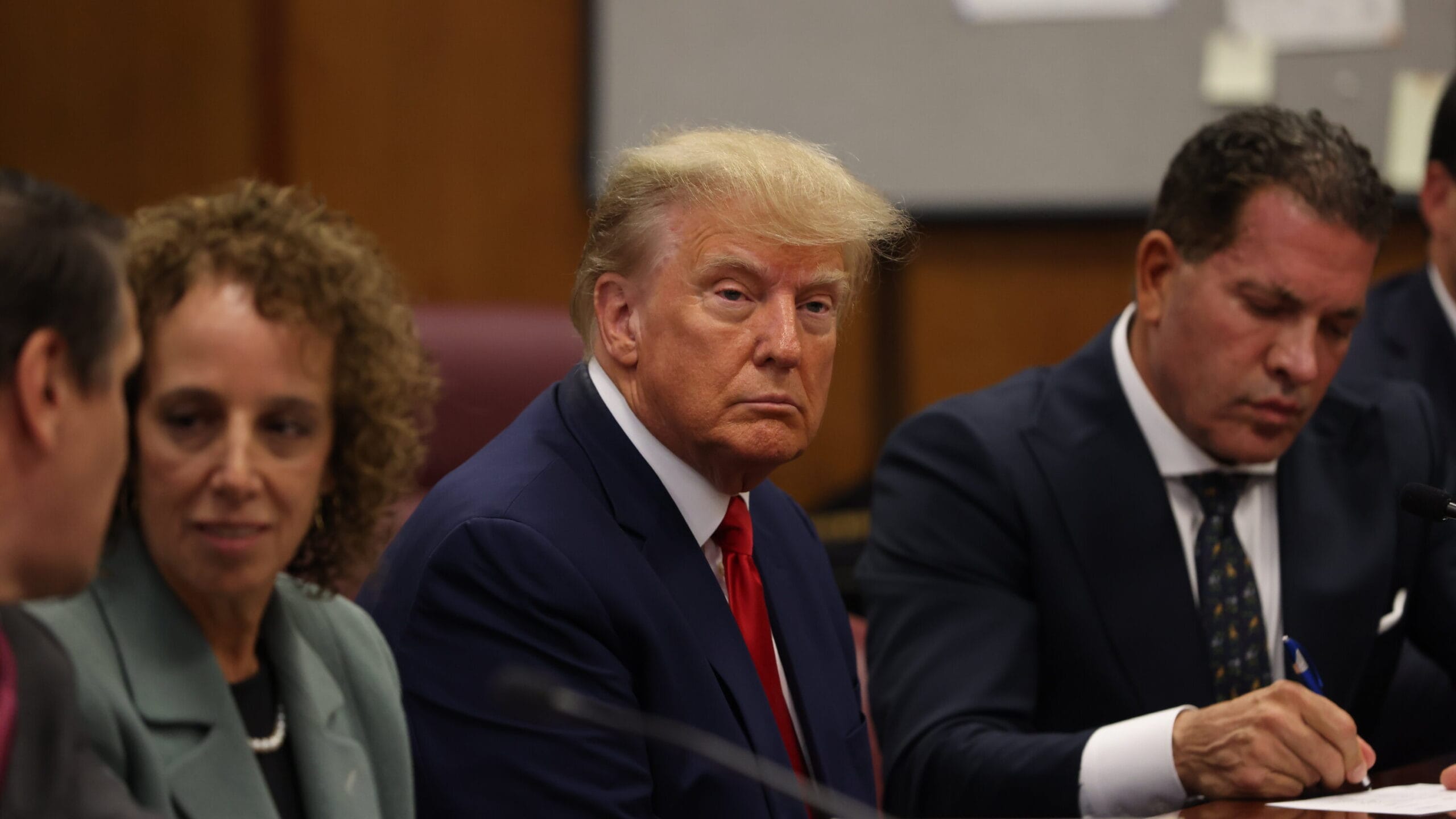Former President Donald Trump’s recent proposal outlining a plan for the United States to take over the Gaza Strip has sent ripple effects through political and diaspora communities. The plan involves the proposed relocation of Palestinians from Gaza and the subsequent development of the area, marketed as a potential economic opportunity for the region. While the specifics remain ambiguous, the main thrust of the idea has drawn criticism and created unease, particularly among Arab American communities that supported Trump in significant numbers during his 2024 presidential campaign.
The Gaza proposal, in its initial framing, has raised questions about its feasibility, moral grounds, and alignment with international norms. Trump argued that this approach would address years of conflict while revitalizing the Gaza region as a thriving economic hub, branding it as the “Riviera of the Middle East.” However, the plan involves the mass displacement of Palestinian residents, a notion that has met with sharp backlash from Arab nations, humanitarian organizations, and even some domestic constituencies.
Among the vocal opponents are Arab American leaders and voters who supported Trump in the last election cycle. In states like Michigan, where a large Arab American population resides, initial support for Trump stemmed from his promises of economic revitalization and commitment to fair trade agreements. Dearborn, a city with one of the highest concentrations of Arab Americans in the country, flipped in favor of Trump in 2024 after backing Democratic candidates in previous elections. However, the goodwill built with Arab American voters has faced a critical test with this proposal.
Community organizations have expressed concerns that the plan undermines basic human rights and contradicts the values Trump previously claimed to uphold. Some local leaders have described the proposal as an attempt at ethnic cleansing that sets a precarious precedent for international conflict resolution. The controversy has led to demonstrations and calls for the President to reconsider the implications of the initiative.
Several Arab American leaders who had earlier endorsed Trump during his campaign feel betrayed by the abrupt shift in policy. Statements from organizations within this demographic highlight a range of critiques, from ethical concerns to practical roadblocks. Many believe the administration underestimated the regional and international ramifications of such a drastic move. Others have noted that the proposal alienates loyal supporters at a time when Trump’s political base faces growing challenges from an increasingly polarized electorate.
On an international front, leaders in Egypt, Jordan, and other neighboring nations have firmly rejected the proposal. Officials argue that displacing over two million Palestinians violates international law and could destabilize an already volatile region. The impacts would not only threaten regional security but could also strain alliances with the United States.
For Arab Americans, the issue has broader ramifications. The disquiet it has caused within their communities illustrates the delicate balance between homeland concerns and political participation in the United States. Many observers in the community worry about co-optation—being used to lend credibility to platforms without substantial reflection of their needs and beliefs.
Political analysts note that the demographics of Trump’s support in 2024 acted as a coalition built on economic and cultural promises tailored to specific communities. Although Arab Americans are a relatively small voting bloc nationwide, their growing influence in battleground states like Michigan and Ohio highlights how this controversy could imperil Trump’s aspirations for reelection momentum. The alienation stemming from the Gaza plan could lead to decreased turnout or defections to other candidates in subsequent elections.
This unfolding situation also provides broader lessons about the volatility of aligning diaspora interests with political entities at home. Palestinian Americans, alongside their Arab American counterparts, fear being caught between a gradual erosion of policy engagement and outright opposition to figures who appear indifferent to humanitarian consequences.
The political landscape for Trump and his administration appears fraught with obstacles, particularly as dissent grows among diverse advocacy groups. Meanwhile, the Biden administration, though facing its share of criticisms from progressive pro-Palestinian sectors, has seemingly worked to seize the narrative, offering critiques on the Gaza proposal’s impracticality and lack of alignment with U.S. foreign policy traditions.
As the discourse continues, Arab American communities are at a crossroads. While Trump’s campaign promises ignited hope for economic empowerment and shifting traditional stereotypes, his foreign policy, specifically his stance on Gaza, has complicated any unbroken allegiance. For individual voters, broader actions from Trump’s administration will remain under scrutiny, serving as a bellwether for continued advocacy on Middle Eastern issues closer to home.
The trajectory of Arab American support for Trump during this polarizing moment signifies the fragility of diasporic interconnections with American political frameworks. Whether this instance marks a turning point or an episodic dispute, the enduring effects will likely have far-reaching implications for domestic and international political alignments.



